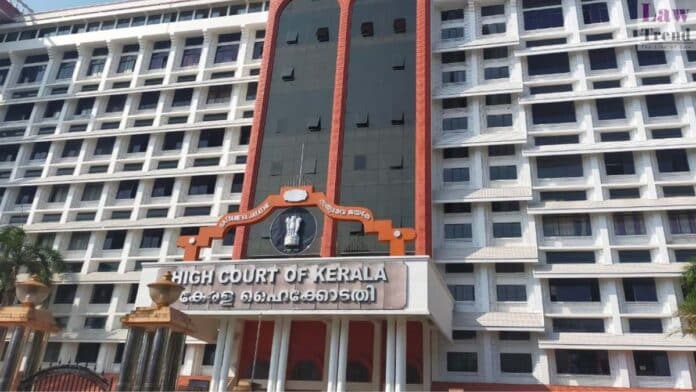The Kerala High Court on Friday quashed a sexual assault case filed against noted Malayalam filmmaker Ranjith Balakrishnan, bringing an end to legal proceedings that stemmed from allegations dating back to 2012. A formal copy of the court’s judgment is awaited, but the relief was granted after key discrepancies in the complaint were brought to light.
Ranjith, known for directing and producing acclaimed Malayalam films, was represented by a senior advocate who successfully argued that the complaint lacked factual and temporal accuracy. One of the pivotal points cited was that the alleged incident was said to have occurred at the Taj Hotel near Kempegowda International Airport in Bengaluru—an establishment that opened four years after the claimed date of the assault. This discrepancy had earlier prompted a temporary stay on criminal proceedings.
The court also noted the unexplained delay in filing the First Information Report (FIR), which came more than a decade after the alleged offence. In the absence of justification for the delay and considering the evidentiary gaps, the High Court allowed Ranjith’s petition to quash the FIR.
The Allegations
The case originated from a complaint lodged in August 2023 by a male aspiring actor, who alleged that he was assaulted by Ranjith in December 2012. According to the FIR, the complainant had met the filmmaker during the shoot of Bavuttiyude Namathil in Kozhikode, a film written and produced by Ranjith. The complainant claimed that after expressing an interest in meeting actor Mammootty, he was contacted by Ranjith and invited to a hotel in Bengaluru, where he was allegedly offered alcohol and sexually assaulted.
The FIR led to charges under Section 377 of the Indian Penal Code (unnatural offences) and Section 66E of the Information Technology Act (violation of privacy). Ranjith subsequently moved the High Court seeking to quash the FIR, which was granted on July 4.
This case marked the second time the filmmaker faced sexual assault allegations. An earlier accusation was made by a female actor from Bengal, though that case did not result in formal charges.
Legal Significance
The High Court’s decision underscores the importance of timely filing of complaints and the necessity of corroborating evidence. It also highlights the judicial scrutiny placed on serious criminal allegations—especially when delayed by years and unsupported by verifiable facts.




